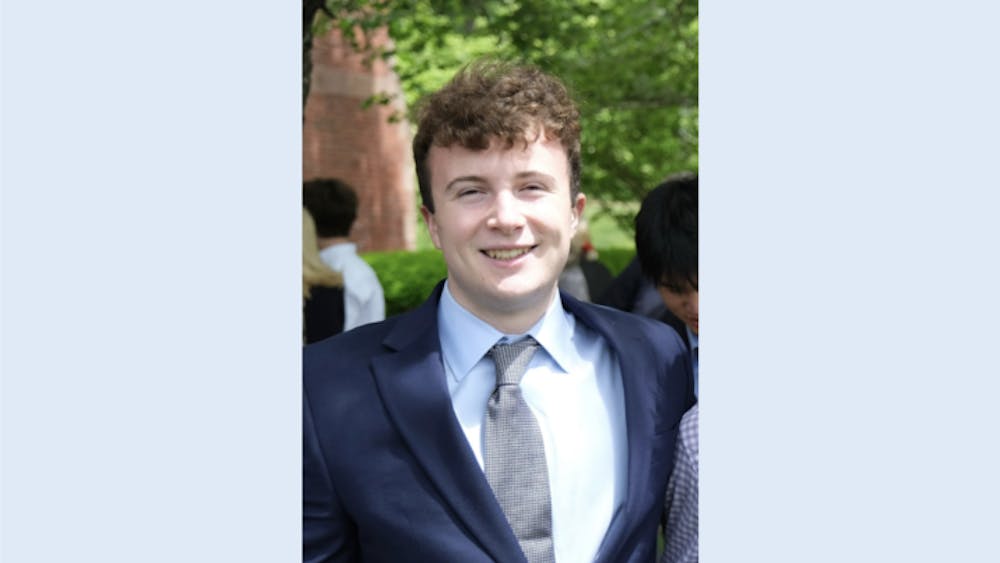Prof. Nicola Dell, information science, has been awarded the prestigious MacArthur Fellowship. This award — referred to as the “Genius Grant” — provides recipients with $800,000 to be used towards impacting society in significant and beneficial ways, according to the MacArthur website.
Dell was recognized for her work developing technological interventions to address the needs of overlooked populations, particularly survivors of intimate partner violence.
Her vision for her signature project, the Clinic to End Tech Abuse, is that "everyone should be free to use technology without fear of harm from abusive partners or others," according to CETA’s website.
Dell’s research focuses on the interface between technology and humanity. She works to develop interventions to protect against harmful uses of technology on victims of intimate partner violence. She also studies the abuse’s effect on family caregivers and school teachers in overlooked communities including India.
Dell draws upon her upbringing in Zimbabwe in her interest in human-computer interaction.
She was formally exposed to HCI during her time as a graduate student at the University of Washington and combined her knowledge of technological progress with experiences with underserved communities in Zimbabwe.
With the MacArthur grant, Dell aims to expand CETA's reach.
"The goal is to grow the clinic across the U.S. and the world,” Dell said. “We want to broaden the reach of the clinic and support other people to build technology clinics for overlooked communities."
Vince Bartle, a Ph.D. candidate under Dell said that he was inspired to join her research due to his interest in "what it means to be human and care for each other and how it can interface with technology.” Bartle also said he wanted to work with Dell since she was “the most kind professor [he] knew."
This human-centered approach is evident in Dell's day-to-day interactions and work ethic, according to Bartle.
"She really focuses her efforts and it is clear that she spends a lot of time on what she does," Bartle said. "She has repeated evidence of driving forward a vision with focus and does this while being kind and thoughtful in the process."
Ian Solano-Kamaiko, a Ph.D. student, echoed that Dell “cultivates an auspicious environment for [him] to succeed” as his advisor.
“As a researcher, I have learned from her guidance, of the work and the intricacies of academia as well as navigating the job sector,” Solano-Kamaiko said. “She as an advisor is looking out for my best interest and has my back.”
Dell’s advice to students interested in human-computer interaction is to focus on collaboration and community.
"The key ingredient is community engagement and working with partners with domain expertise,” Dell said. “Who can you partner with? How can you contribute to what they are doing?"
Sarvesh Prabhu can be reached at sp2572@cornell.edu.











